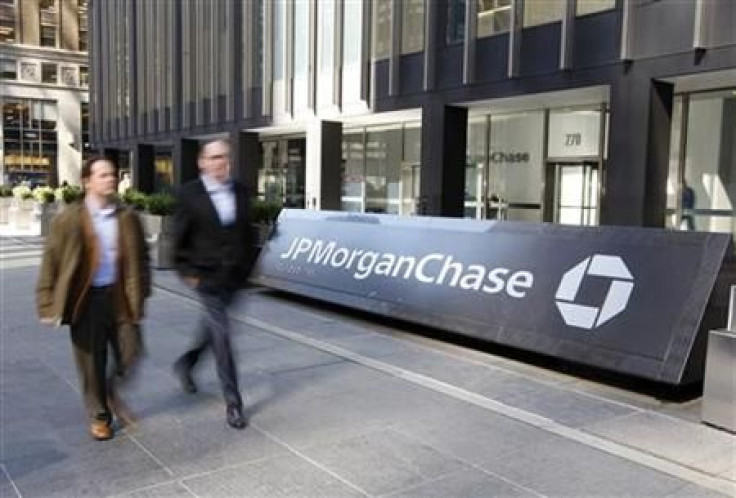U.S. Banks Woo California in Mortgage Settlement

The largest U.S. banks, eager to get legal protection after widespread evidence emerged of foreclosure shortcuts, are trying to convince California to be part of a multi-state mortgage settlement and not pursue its own aggressive deal.
Representatives of the banks met with California's attorney general, Kamala Harris, in Washington last Friday, in part to discuss concerns unique to California and determine whether the state is on board with a larger deal, according to people familiar with the talks.
The banks see California, with its massive distressed mortgage market, as critical to a wider settlement, especially after New York Attorney General Eric Schneiderman last month was removed from a small panel of AGs negotiating a deal.
The leader of the state coalition said Schneiderman had actively worked to undermine the talks, after Schneiderman balked at releasing the banks from claims beyond the mortgage servicing and foreclosure problems that sparked the negotiations.
Now California is in the spotlight as settlement talks drag into a second year and the prospects for a deal appear increasingly in doubt.
State and federal officials have sought penalties totaling roughly $20 billion from institutions that include Bank of America Corp (BAC.N), JPMorgan Chase & Co (JPM.N), Wells Fargo (WFC.N), and Citigroup (C.N).
They are accused of coping with an unexpected deluge of mortgage defaults beginning in 2008 by cutting corners and unlawfully rushing through foreclosure paperwork, pushing people out of homes they might otherwise have stayed in.
Banks would prefer a broad settlement that would maximize their legal immunity, provide more certainty about their financial liability, and help soothe skittish holders of bank shares.
A settlement could also boost home sales by removing the current uncertainty over the status of foreclosed homes.
A settlement would expedite the cleansing process of the marketplace, said Marty Mosby, an analyst with Guggenheim Partners. For Bank of America, this would be a real launching pad for them to get something behind them.
A settlement without New York and California would leave too much of the country uncovered, Mosby said.
California has faced some of the worst default rates in the country, with an unemployment rate of 12.1 percent and two million residents who owe more on their mortgage than their home is worth, often referred to as underwater mortgages.
Harris is under pressure to provide relief to the state's homeowners and also faces political heat from activist groups like MoveOn.org and Credo Action to stake out a hard-line position similar to New York.
A spokesman for Harris declined to comment.
FAR FROM A DEAL
Government officials had hoped to wrap up negotiations months ago, but talks have stalled over what legal claims the states would then give up.
Banks pushed to include a release from conduct in underwriting the mortgages and securitizing them -- claims that the critic states have said lay at the heart of the financial crisis and have not yet been investigated.
The servicing and foreclosure claims that started the talks will be addressed by any settlement, but all other issues remain up in the air, people familiar with the talks said.
Other claims could include how banks underwrote certain loans, and some narrow issues associated with the electronic registry banks used to track the ownership of mortgages, MERS, these people said.
Specific numbers on fines are not yet part of the discussion, they said. Exactly how the money would be divided and spent also remains a thorny issue.
The bulk of the penalties, some 70 or 80 percent, would likely go to a federal pot. The banks would be expected to use that money to help ease problems for distressed borrowers, including writing down principal amounts on underwater mortgages, and providing cash assistance to move to rental units.
The rest of the money is likely to be divided among the states to provide relief to homeowners as they see fit.
Any settlement has to also contend with parallel actions, including those from bank regulators including the Office of the Comptroller of the Currency.
The agency in April directed more than a dozen banks to review in detail foreclosure files from 2009 and 2010 and compensate any harmed borrowers, a process that recently got off the ground.
Whether the states can come to an agreement, or the talks might split off into smaller deals, remains an open question.
It should be becoming increasingly apparent that a global, multi-defendant, 50-state, plus Justice Department settlement is not feasible, said Andrew Sandler, a financial services attorney not involved in the talks.
© Copyright Thomson Reuters 2024. All rights reserved.











